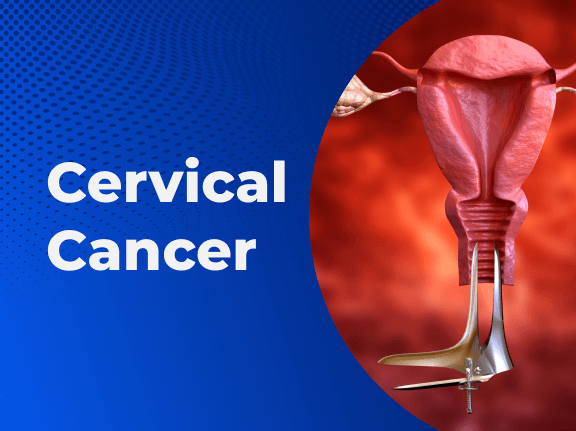
The Federal Government has projected the elimination of cervical cancer in Nigeria by 2030, aligning with the World Health Organisation’s (WHO) global strategy to eradicate the disease as a public health threat.
This ambitious target was disclosed in a statement by deputy director of information and public relations, Ministry of Health and Social Welfare, Mr. Alaba Balogun on Wednesday in Abuja.
According to the statement, President Bola Tinubu’s administration has made the elimination of preventable cancers and the early diagnosis of non-preventable ones a top priority in the health sector.
The Minister of State for Health and Social Welfare, Dr. Iziaq Adekunle Salako reiterated the government’s commitment while receiving a delegation from the Taskforce on the Elimination of Cervical Cancer, led by its chairman, Prof. Isaac Adewole.
He noted that the formation of the task force in 2024 demonstrates the government’s dedication to tackling cervical cancer and ensuring universal health coverage for all Nigerians.
“A preventive approach to cervical cancer and other diseases is the best strategy given our weak health infrastructure and limited funding in the health sector. Prevention is not only cheaper but also more effective than treatment,” Salako stated.
He emphasised the need to focus on primary and secondary prevention measures, adding that the government would continue to push for nationwide screening and immunisation programmes.
The minister also stressed the importance of bringing cervical cancer screening and HPV immunisation to grassroots communities to ensure widespread coverage.
“This partnership aligns with the sector-wide approach (SWAp) strategy, ensuring all key stakeholders are working towards the same goal,” he added.
Salako assured that the Ministry of Health would support and accommodate some of the task force’s activities in the 2025 budget to ensure smooth implementation.
In response, Adewole presented the first-quarter report of the task force, highlighting key activities undertaken between October and December 2024.
He noted that the committee consists of 16 eminent Nigerians who are deeply committed to eliminating cervical cancer.
He emphasized the critical role of collaboration with the National Institute for Cancer Research and Treatment (NICRAT) to enhance functionality and achieve the committee’s mandate.
“With the right support, Nigeria can fully align with the global agenda of eliminating cervical cancer by 2030,” he stated.
Cervical cancer remains the second most common cancer among Nigerian women, despite being highly preventable and treatable if detected early.
With HPV vaccination, routine screening, and early treatment of pre-cancerous lesions, Nigeria has a real opportunity to meet the 2030 elimination target.
The government is working closely with international partners, including Gavi, the Vaccine Alliance, WHO and the United Nations Children’s Fund (UNICEF).
These collaborations aim to ensure HPV vaccines are widely available and accessible to girls aged 9 to 14, the most vulnerable group for developing cervical cancer later in life.
The National Primary Health Care Development Agency (NPHCDA) has also integrated HPV vaccination into routine immunisation programmes, prioritising outreach to rural and underserved communities.
Cervical cancer claims over 8,000 Nigerian women annually, with more than 12,000 new cases reported each year, according to the Nigeria Cancer Society.
Health experts attribute the high mortality rate to late diagnosis, limited access to screening services and lack of awareness about preventive measures
Nigeria is accelerating efforts to meet WHO’s 90-70-90 cervical cancer elimination targets, which require 90 per cent of girls fully vaccinated with the HPV vaccine by age 15, 70 per cent of women screened by age 35 and again by 45 and 90 per cent of women diagnosed with cervical disease receiving treatment.
The coming years will be critical in determining whether Nigeria can successfully eliminate cervical cancer as a public health threat.
With sustained government commitment, increased funding, expanded vaccination, and early screening efforts, Nigeria has the potential to significantly reduce cervical cancer cases and save thousands of lives.

